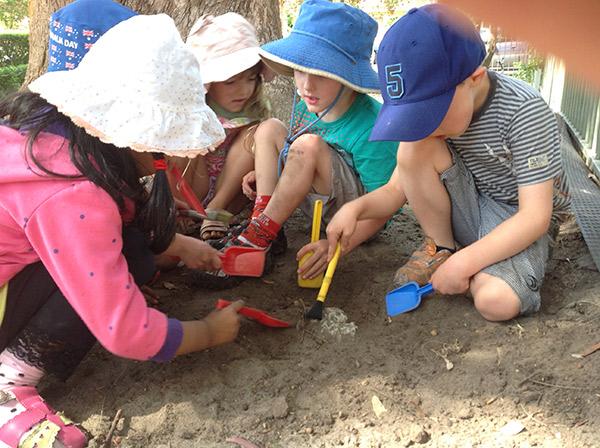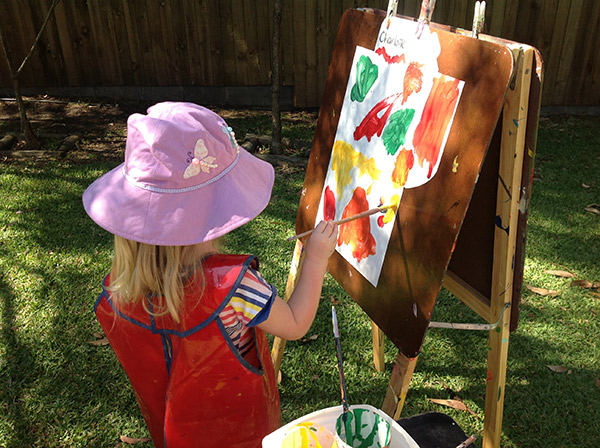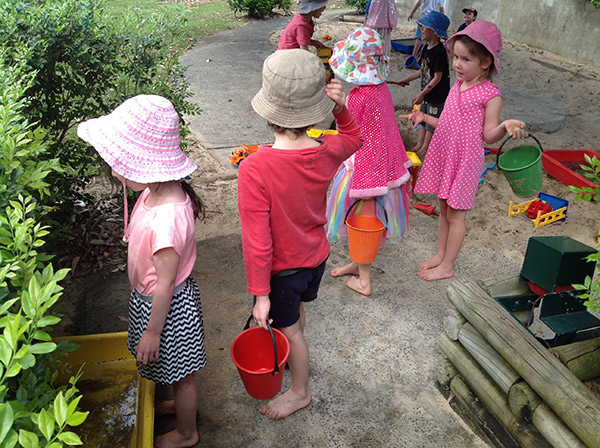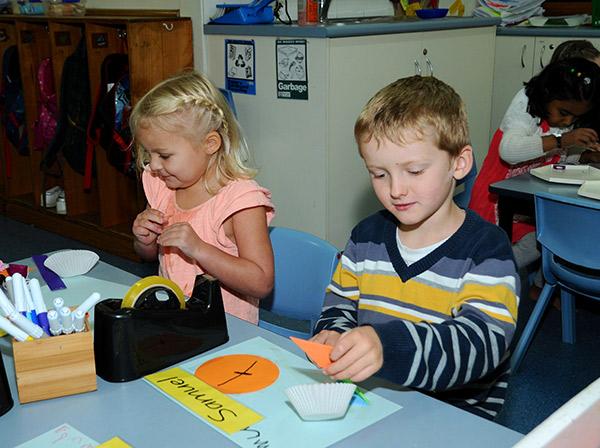OUR PHILOSOPHY
Our commitment is to ensure your child receives a quality education program, which provides the foundation for future success in learning and wellbeing.
CHILDREN
- Our vision is for children to experience play-based learning that is engaging and allows your child to develop their individual potential, a positive self-image and world view.
- We believe that through play, children of all abilities actively learn together. Children require opportunities to explore and learn to understand the world around them as they communicate, discover, imagine and create.
- We promote social awareness and learning, the capacity to express and acknowledge feelings and ideas and to promote tolerance and inclusion towards each other.
- We believe in a holistic approach to teaching and learning, paying particular attention to each child’s physical, emotional, social and spiritual wellbeing as well as cognitive aspects of learning.
- Choices for children are highly regarded and promoted to develop independence and decision making skills.
ADDITIONAL NEEDS
The preschool for many years has supported the inclusion of children with additional needs and believes it is of benefit to the whole community. We receive funding from the Department of Education which allows us to employ a part time Support Teacher to adapt the experiences and the environment to allow these children to participate in the normal preschool program.
FAMILIES
- We acknowledge and respect families as their child’s ‘first educator’. We work in partnership with families to develop a learning program which is responsive to your child’s interests, strengths, abilities and culture.
- We respect diversity and view culture and the context of family as central to children’s sense of belonging.
- We promote sharing of information and expertise between families and staff to promote confident parenting.
EDUCATORS
- We believe that high staff to child ratios with dedicated experienced qualified staff is critical for ensuring optimal outcomes for children and families.
- Ongoing professional development and reflective practice is highly valued to continually strive towards improvement.
- We foster a collaborative approach where all educators are respected as individuals and a valuable part of the team.
THE ENVIRONMENT
- We provide a small, warm, supportive, responsive and stable environment where children feel welcomed, loved and safe. Through trusting relationships and genuine interactions, children feel more confident and able to explore and learn.
- We strive to support children’s learning in ways where they can connect with the natural environment using natural resources to promote awareness of environmental and sustainable practices.
COMMUNITY
- We connect children and families with each other and value the connection with local community groups, schools, Northern Beaches Council, early intervention and family support services.
- We work in conjunction with local schools to support a smooth transition to school for each child and their family.
- We recognise the Gayamagal people as the original owners of the land in which Manly Vale Community Kindergarten stands.
TRANSITION TO SCHOOL
For those families who are unsure about their child’s readiness for school our teachers are more than experienced to discuss this with you.
Traditional school like activities such as writing, counting or reading are not the focus of our preschool program. Research shows that children learn best through play. During play children acquire and use language, form and test hypotheses, negotiate, problem solve and develop key mathematical ideas. These skills are essential for learning. When children are engaged in play activities our educators are constantly seeking opportunities to extrapolate rich learning experiences. In doing so, learning is meaningful and relevant to the child.
We promote effective transition to school by –
- Building strong relationships with our local schools with visits from kindergarten classes and the school band.
- Establishing links with the school principal and kindergarten teachers who may visit the preschool.
- Inviting the kindergarten teachers to visit the children in our preschool setting.
- Providing information to families about the structure of school, expectations and orientation days.
- Within our curriculum we talk with the children about school, the new routines and events that may occur at school.




